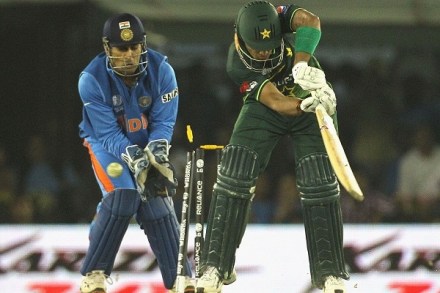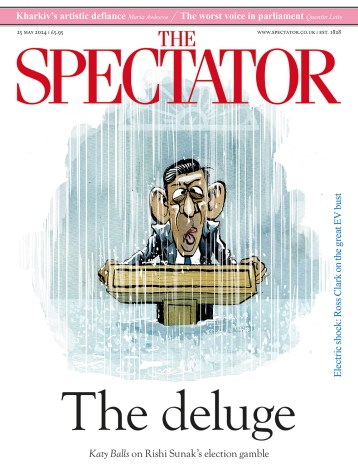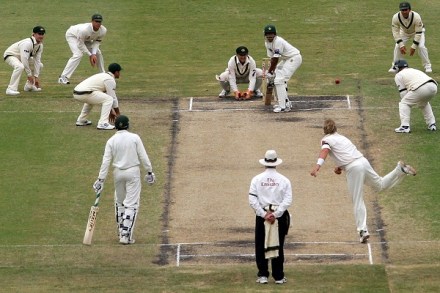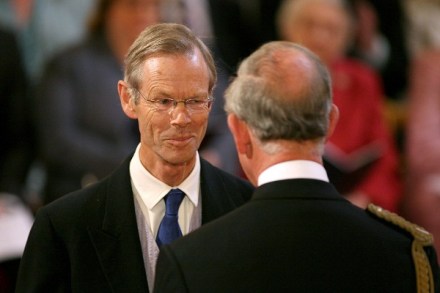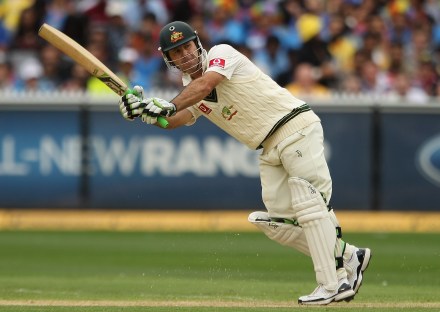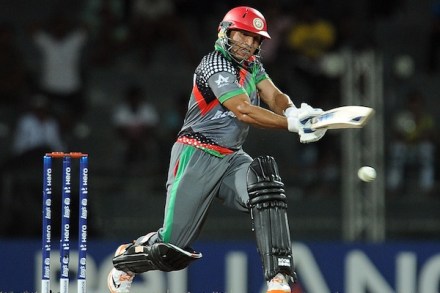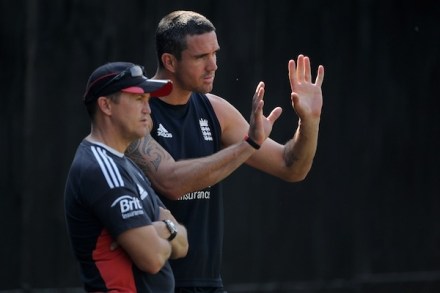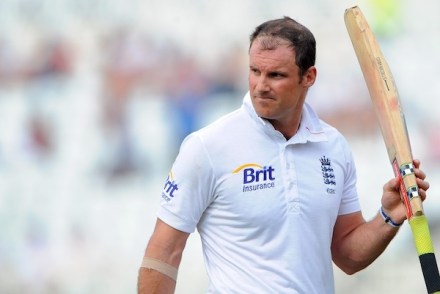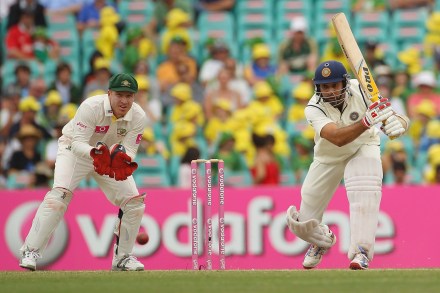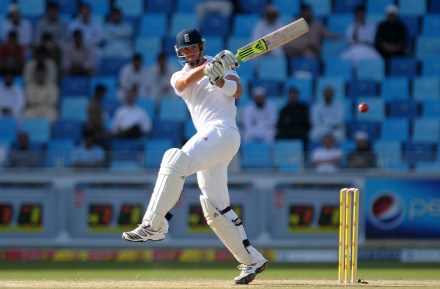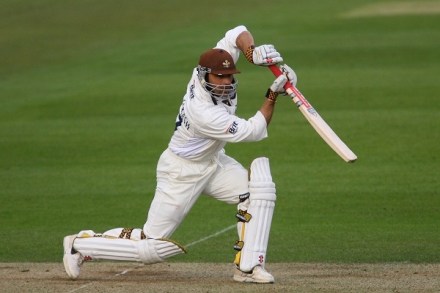Cricket’s the loser
Cricket glorifies some cheats. W.G. Grace often batted on after being clean bowled; such was the public demand to watch him. Douglas Jardine’s bodyline tactics revolutionised fast bowling: eventually making it acceptable to target the batsman rather than the wicket. Fielders “work” the ball. Batsmen stand their ground when convention asks them to walk. Cheating is part of cricket. But match fixing? The culprits live forever in infamy, and deservedly so. The cricketing authorities (the ICC) believed that match fixing had died ten years ago; but the News of the World’s sting on the Pakistan team in 2010 demolished those hopes. The sting suggested that the problem was deep. Rumours
